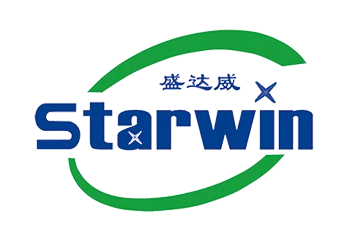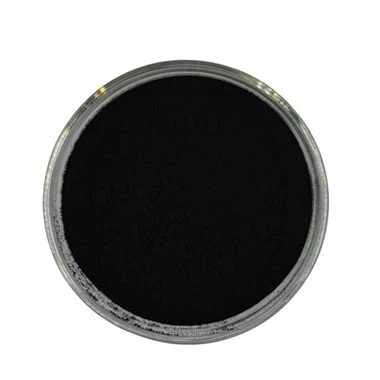The recent high temperature coal tar market may rebound from a low level
Sep 15, 2022
In the past month or so, the domestic epidemic has broken out, logistics has been restricted, and the circulation of goods around the country has not been smooth. The supply of high-temperature coal tar in high-capacity areas is sufficient, but due to the difficulty in outflow of goods, the price has fallen, while the supply in low-capacity areas is slightly tight, so the tight price increases. At the same time, due to the impact of the epidemic, downstream enterprises have limited their demand for coal tar due to partial shutdown or low-load operation. Although the current large-scale epidemic has been brought under control, the epidemic has recurred again in some areas, so the trend of high-temperature coal tar continued to diverge last week, and coke companies in Shanxi and Northwest regions have significantly increased their shipments to clear their warehouses. With the passage of time, logistics has gradually improved, so how will the high-temperature coal tar market develop after the epidemic?
First, let's take a look at the coking enterprises. In recent days, the overall operating rate of coke enterprises has been stable and slightly decreased, and the decline areas are mainly concentrated in Shanxi and Hebei. Due to limited logistics, cross-regional difficulties within the province, and raw coal delivery is difficult, so the operating rate of some coke enterprises has passively decreased. This has led to a decline in the supply of high-temperature coal tar. From this point of view, the price should have been tight and high, but some coke companies are facing the expansion of warehouses due to the obstruction of goods, so the price plummeted last week. It is understood that after clearing the warehouse, most coke enterprises have no or low inventory at present. Therefore, under the gradual improvement of logistics, the intention of coke enterprises to support prices has gradually increased.
Next, look at the deep processing and carbon black market. In recent months, deep-processing enterprises have continued to lose money. Since last week, due to the sharp drop in high-temperature coal tar, the cost of deep-processing enterprises has dropped, and deep-processing profits have turned losses into profits, but they are still small profits. At present, the operating rate of the deep processing industry is about 50%. With the gradual control of the epidemic and the accelerated circulation of goods, some enterprises will restart one after another, so the rigid demand for high-temperature coal tar may increase. Recently, the price of carbon black has remained high. Under the conflict between Russia and Ukraine, there is a shortage of carbon black in Europe. Under the pressure of production, tire companies are actively seeking alternative sources. As the world's largest carbon black producer, China's carbon black must be the first choice for many companies. Therefore, the large increase in carbon black export orders boosted the domestic market. As a result, the rigid demand of carbon black enterprises for high-temperature coal tar continues to be large.
To sum up, it is believed that due to the impact of the epidemic, logistics is slow, supply and demand are unbalanced in various places, price trends are different, and the price difference between regions is widening, and the epidemic situation is gradually controlled, the number of areas lifted from lockdown and control has increased, the pace of supply and demand in various places has accelerated, and supply and demand have been unbalanced. The pattern of high temperature coal tar will be broken, so it is expected that the high temperature coal tar market may rebound from a low level in the near future, and the overall operation is still trending high.






